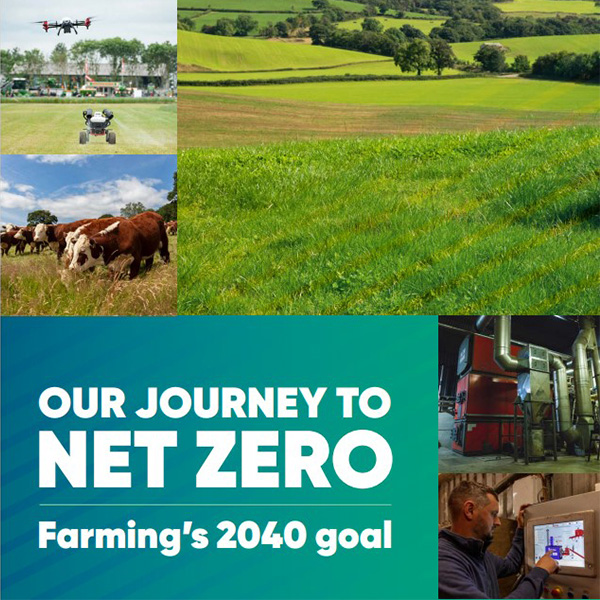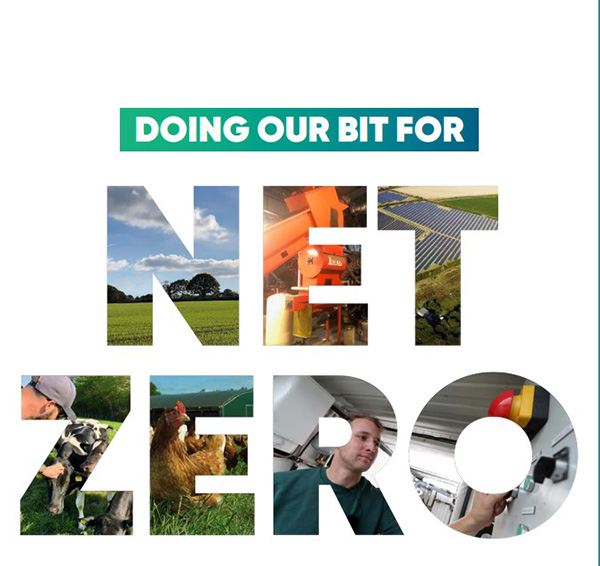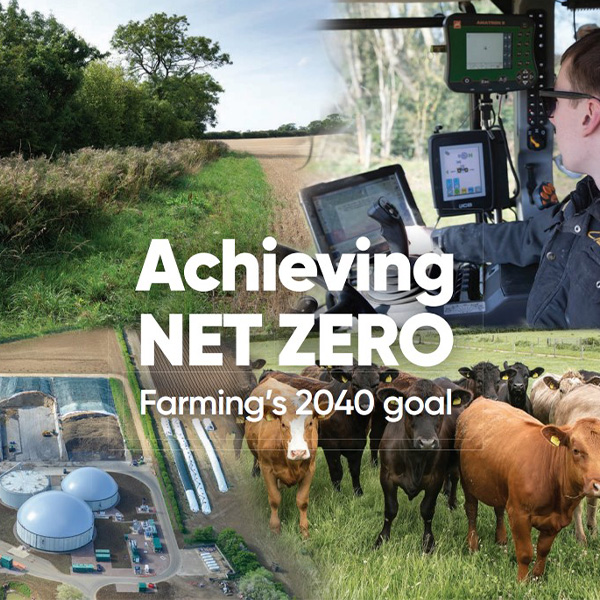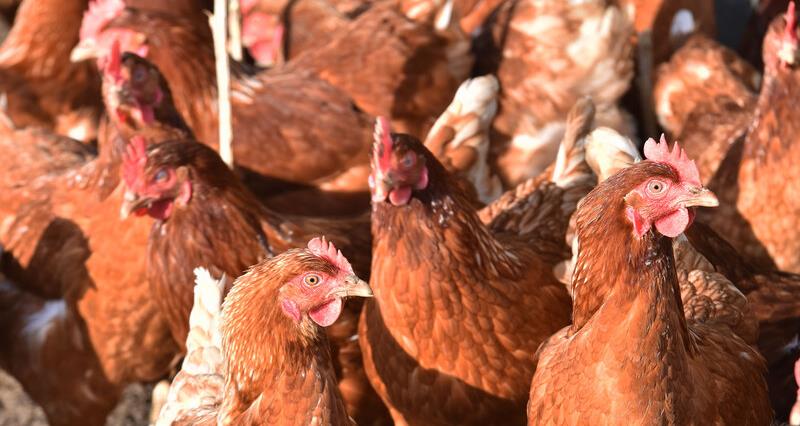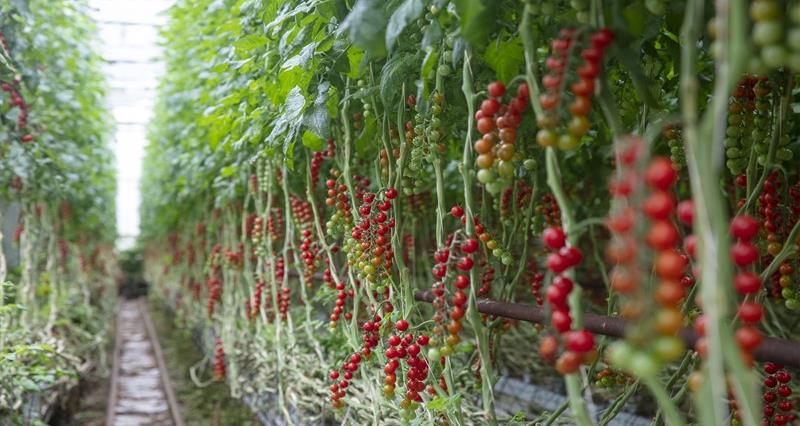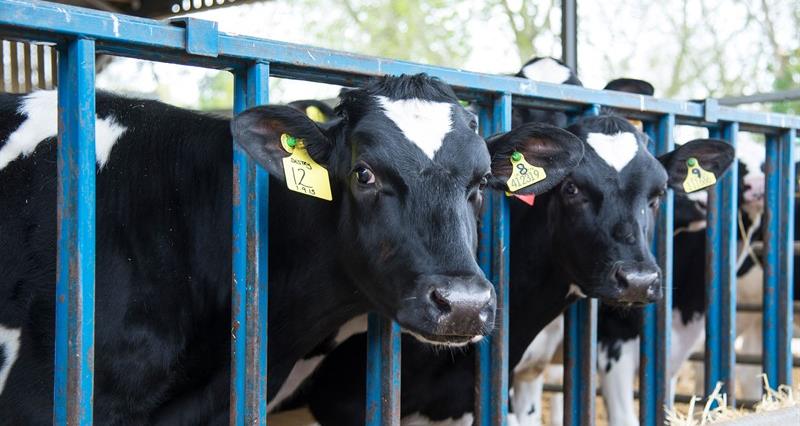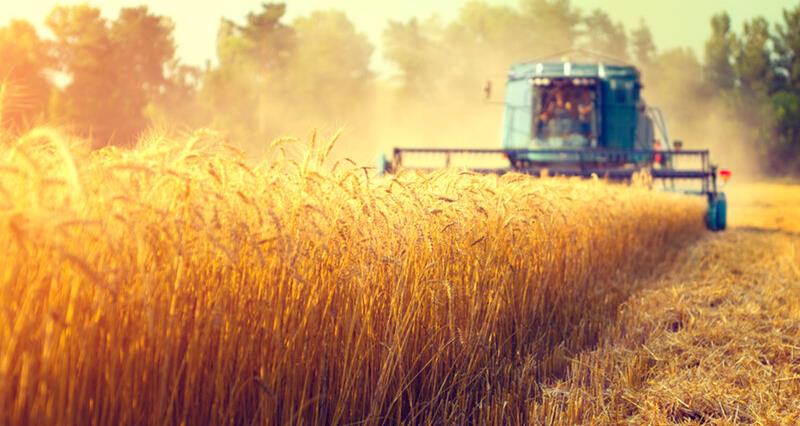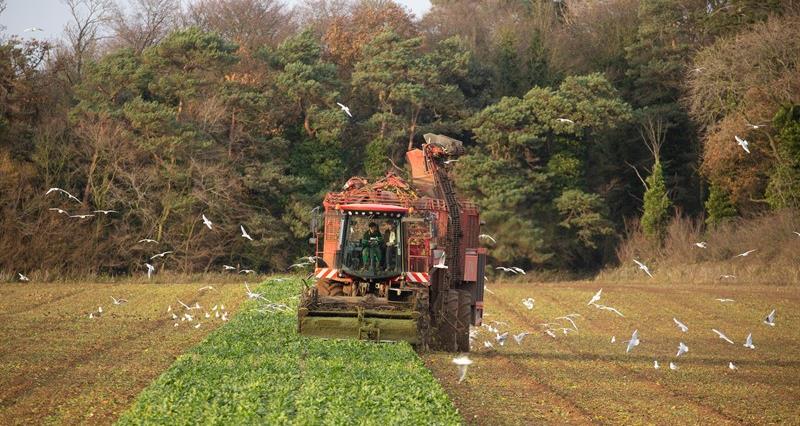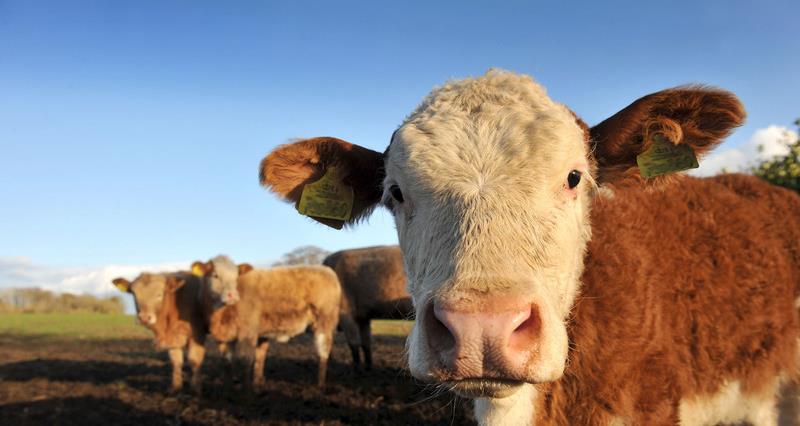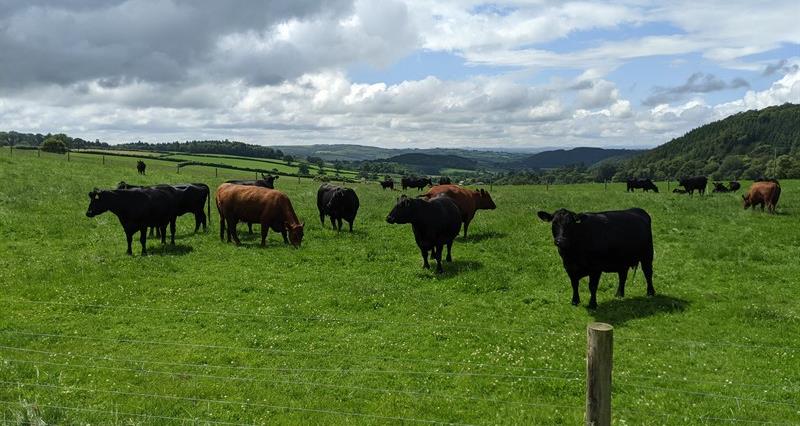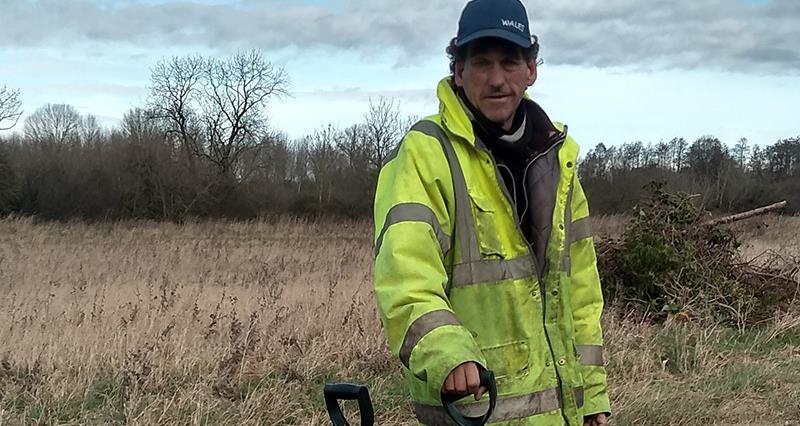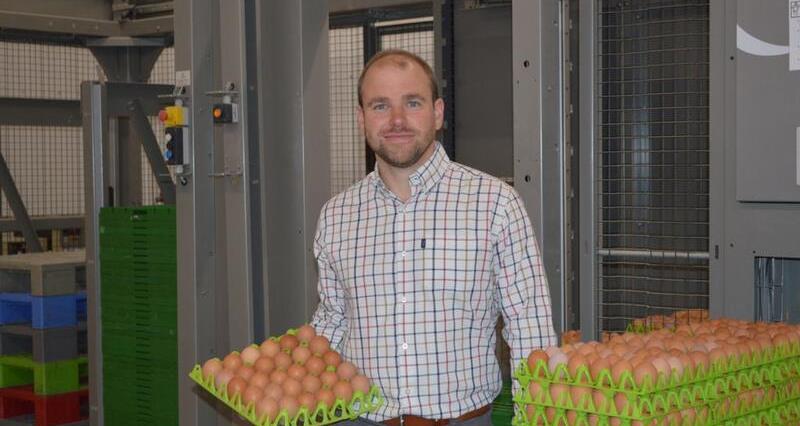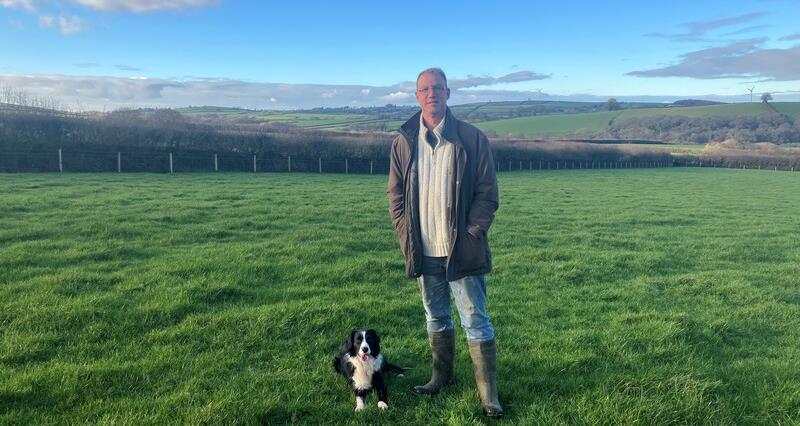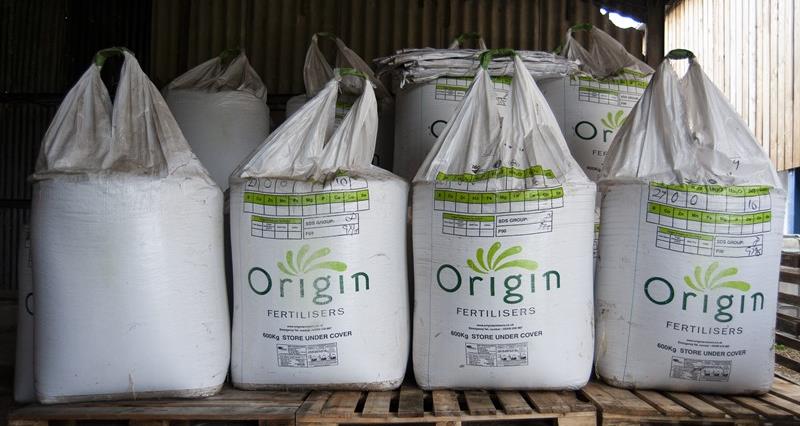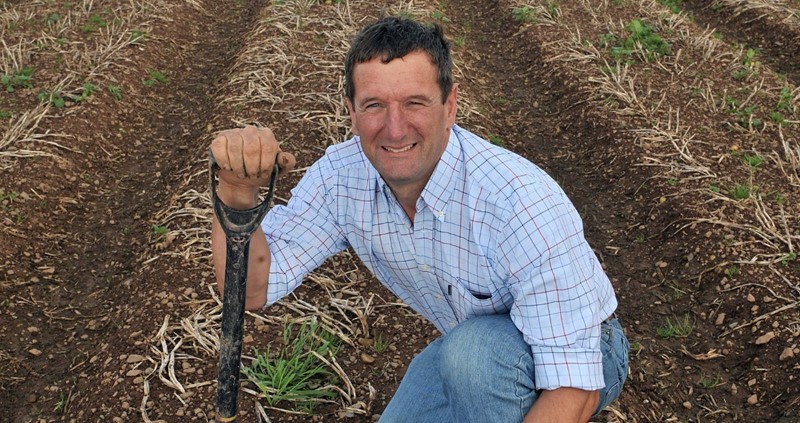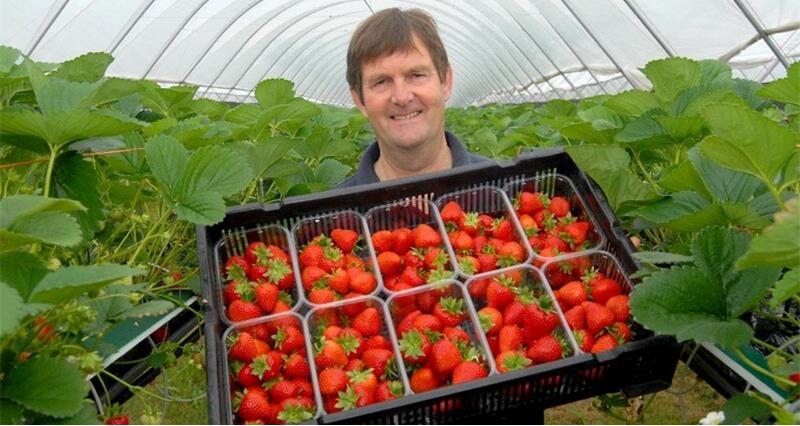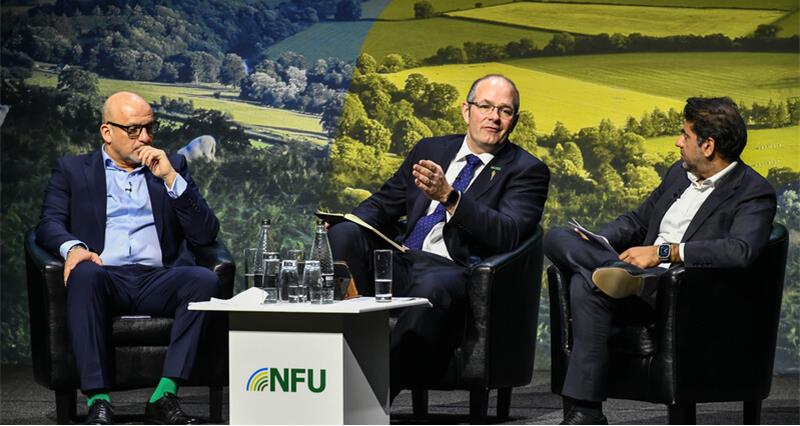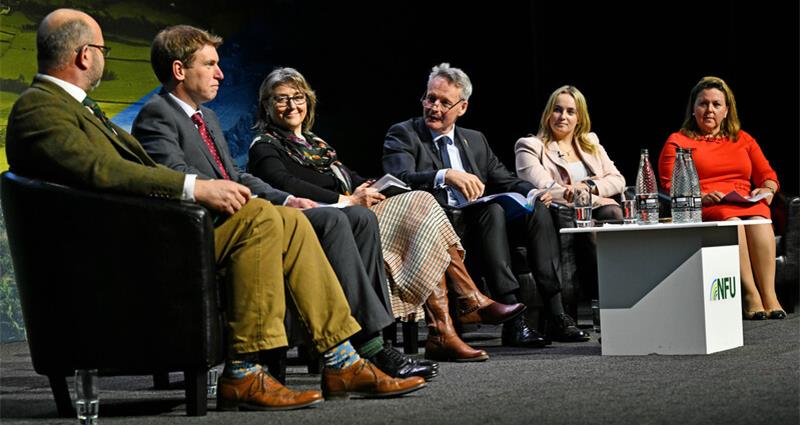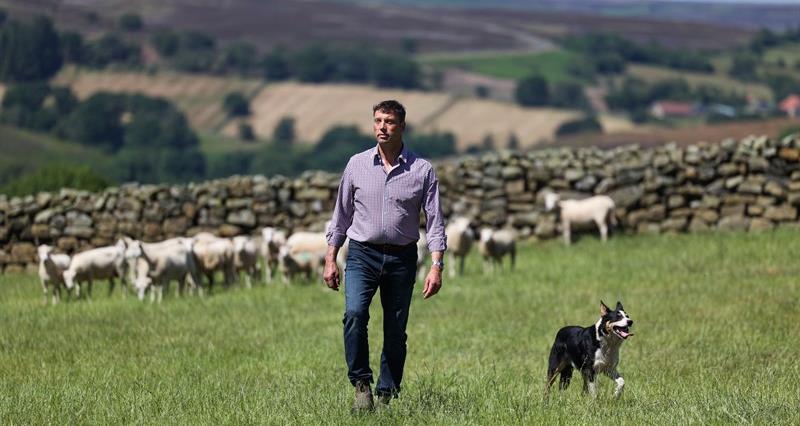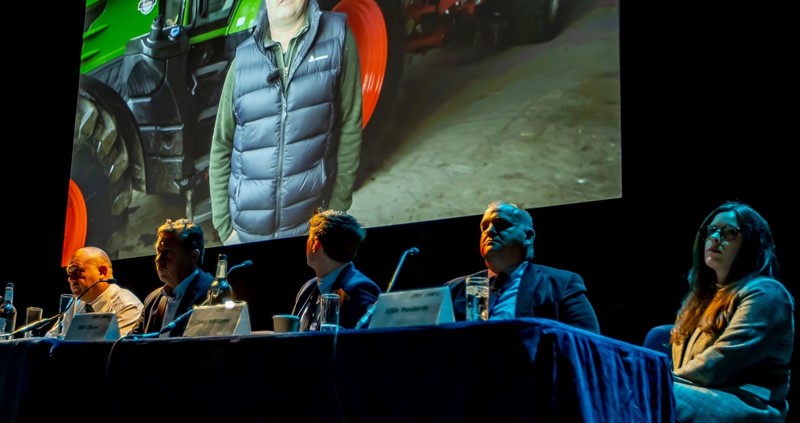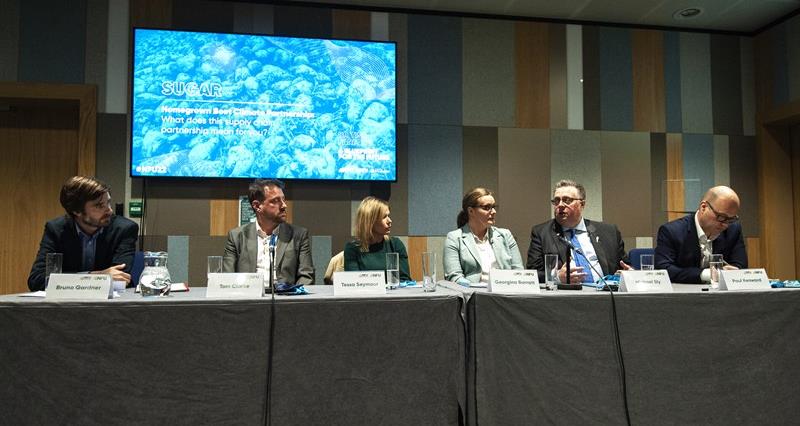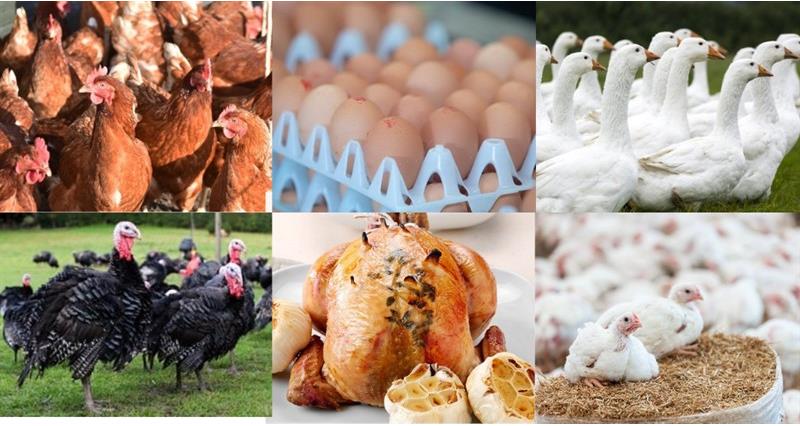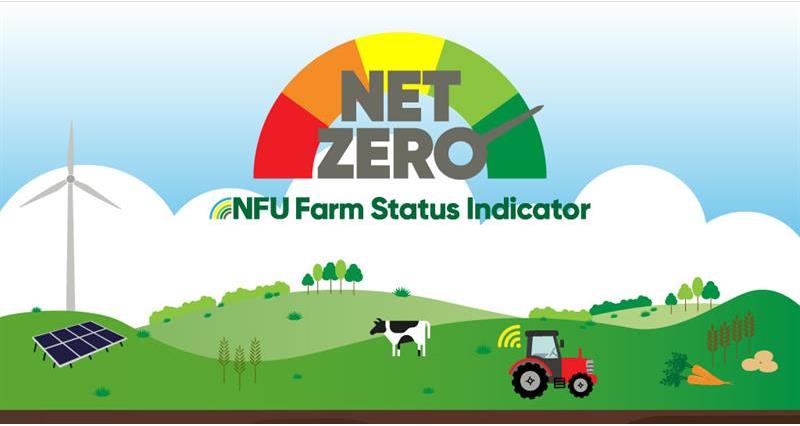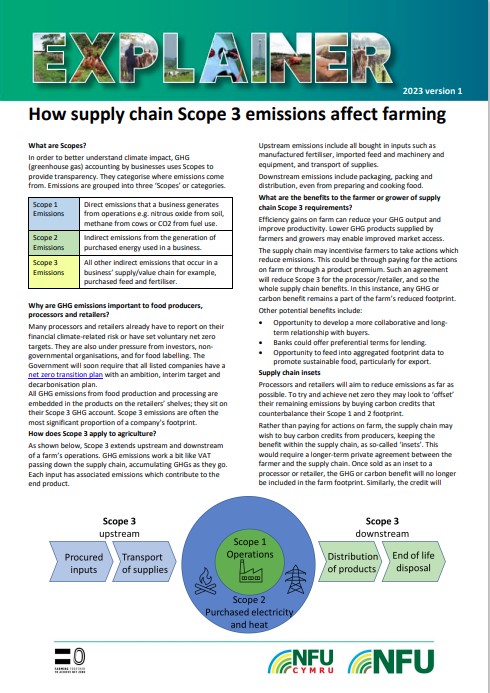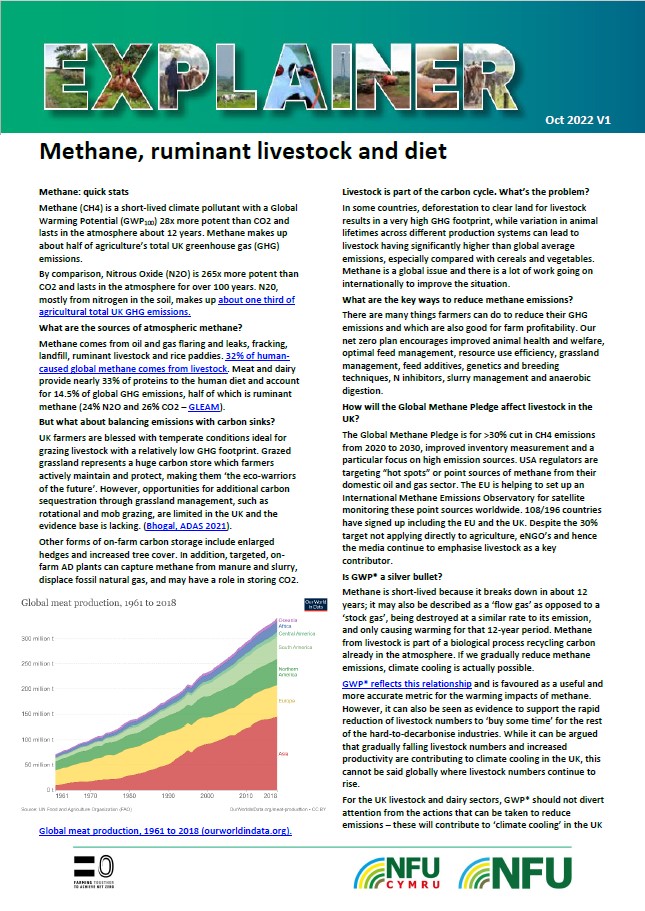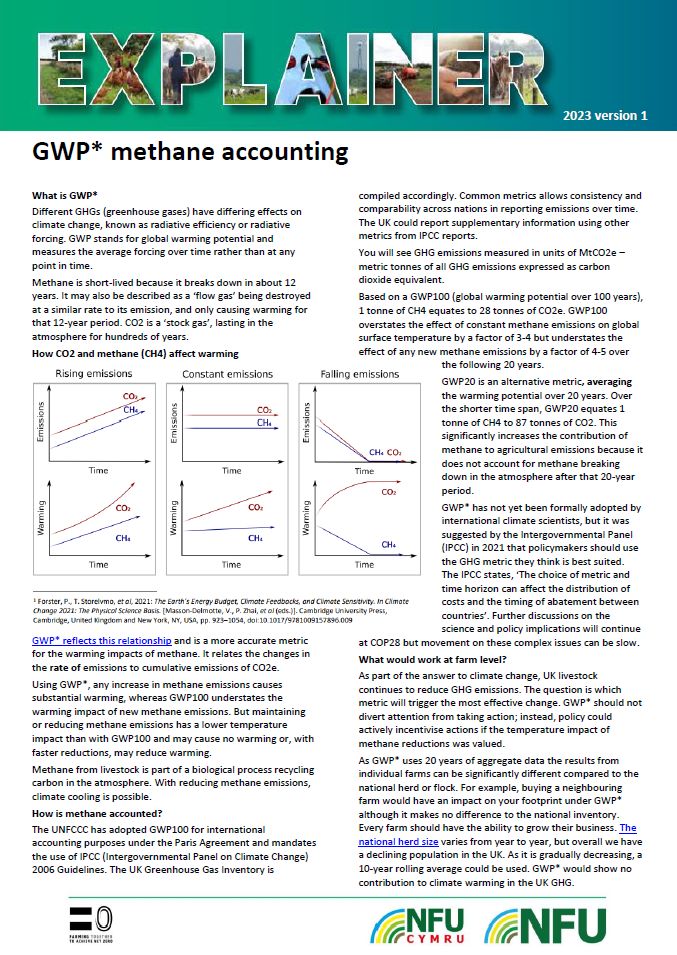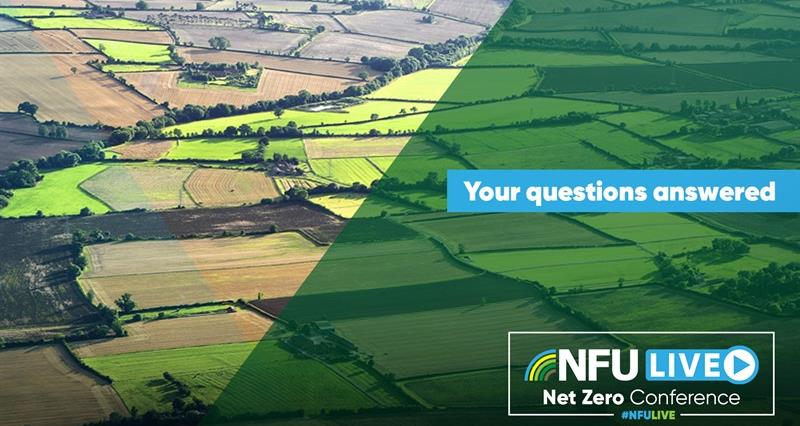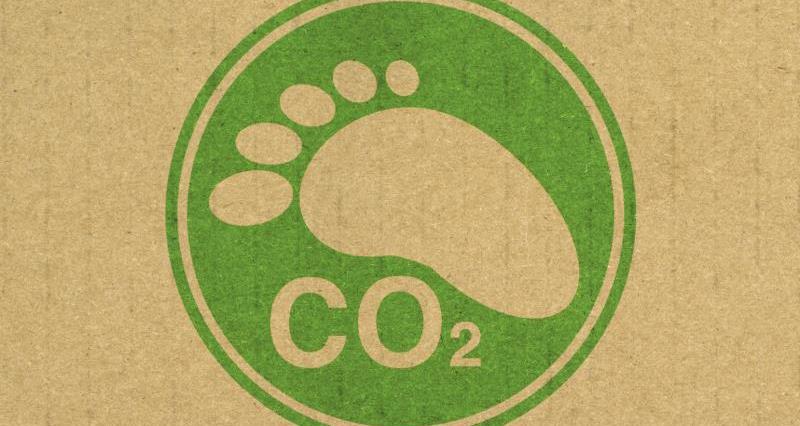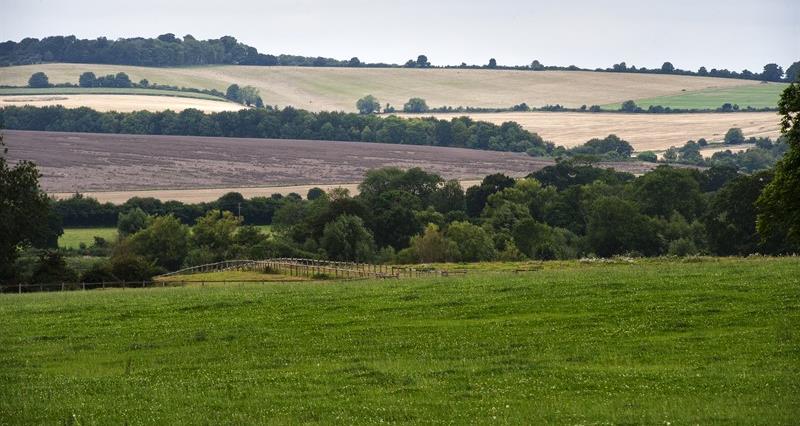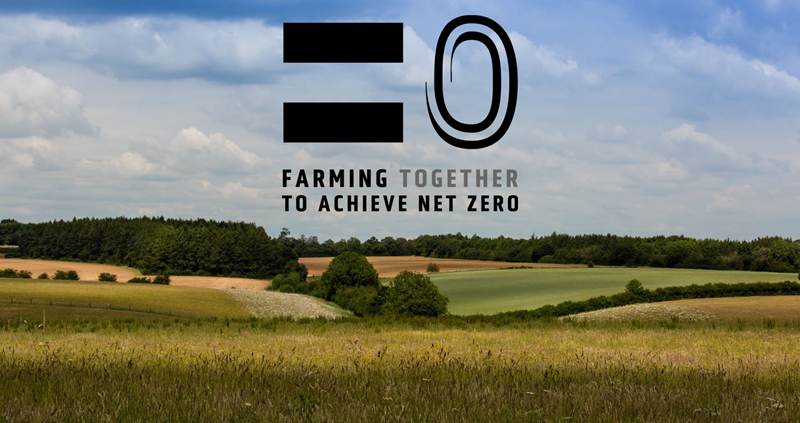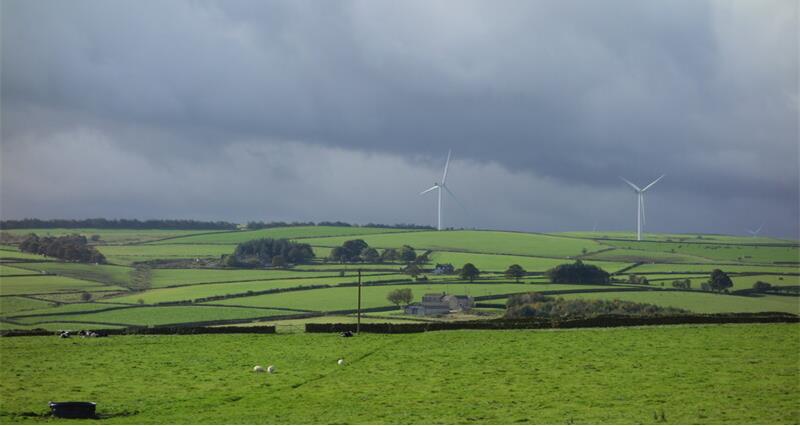New sector resilience plans
Our new sector resilience plans unlock the benefits of climate-friendly agriculture for farming, where the farm can improve efficiency and lower costs while improving the sustainability of food production.
We want farmers and growers to be more confident than ever before in building sustainable and resilient farming businesses.
To be powerful we need to work together.
NFU members – Don't miss out on information that will help make your business more resilient. Once you've logged in select NetZero News from your mailing list.
What is climate-friendly farming?
Climate-friendly farming
=
a resilient business. It's as simple as that.
Our ambition of net zero greenhouse gas (GHG) emissions by 2040 is agriculture’s contribution to the UK’s overall target of net zero by 2050.
Across the economy, each sector is stepping up to reduce emissions as far as possible. Currently the industry contributes roughly 10% of the UK's GHG emissions, but agriculture in almost uniquely placed to be part of the solution to climate change, as both emissions source and sink.
Net zero is all about balance
Alongside producing food, energy and fibre, farmers can reduce the impact of GHG emissions, and protect and enhance the vital carbon reserves already in our soils and vegetation.
Using resources more efficiently and producing our own renewable energy are other ways we can support our industry’s net zero journey and drive down costs for farm businesses. Although, we must be sure to achieve our climate change ambitions without exporting our emissions to other countries.
This is a national aspiration, not an expectation that every farm can reach net zero.
Each farm will start their journey from a different place and methods that work best for some farms, will not work for others.
Our 3 net zero pillars
Since 2019, our 3-pillar approach to net zero has been reflected in the plans of many other industry sectors.
That is, to reduce production emissions as far as reasonably possible through the more efficient use of resources, then use nature-based carbon storage and engineered greenhouse gas removals to offset the residual emissions.
Our net zero reports
Our 3-pillar approach to net zero is explained in more detail in our net zero reports.
Find inspirational stories from our farmer and growers and see how our members are producing climate-friendly food.
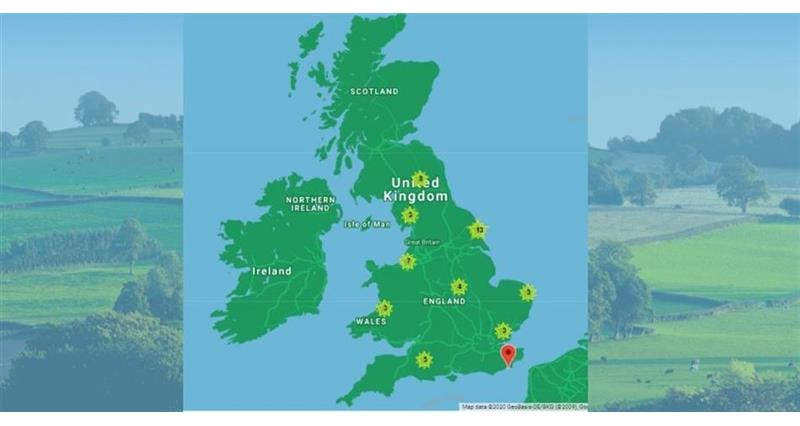
Net Zero
Your net zero journey
You may already be contributing to our net zero ambition, so why not pledge?
Coming together to pledge demonstrates our intention to make a difference, small step by small step. You choose what’s right for your farm system and measure the improvements.
To be powerful we need to work together. The more members who make a change for net zero, the bigger impact we can make.
Farming in a climate-friendly way will help build more efficient and resilient farming businesses.
Net zero – see what's happening in your sector
Running from 20-24 November, Countryside COP is back for its third year, bringing together the rural community ahead of COP28 in UAE.
Countryside COP provides a platform for the UK’s rural economy to take centre stage and showcase the important role it plays in combatting climate change and improving sustainability. Hear from spokespeople from farming, education, finance, research and more.
Following the event, the Agriculture and Land Use Alliance will collate a set of recommendations for policymakers, research, the supply chain, investors, and the wider rural economy.
Check back as more events are added to the programme.
COP27 took place in Egypt where alongside a rallying call to greater action, there was a greater emphasis on agriculture.
The Conference of the Parties (COP) is organised by the United Nations Framework Convention on Climate Change (UNFCCC) bringing together over 190 countries every year to negotiate and report on progress against past and current climate treaties.
As the constituency focal point, the NFU manages the interaction between the UNFCCC secretariat and the constituency. We represent British farmers and the wider farmers’ constituency and will work with other farmers’ organisations to promote productive, resilient, climate-friendly farming throughout the COP.



